Paul Kagame has been sworn in for his fourth term as Rwanda’s president after securing 99% of the vote in last month’s election
While some credit Kagame for bringing peace and stability to Rwanda following the 1994 genocide, others accuse him of leading a repressive regime that stifles dissent.
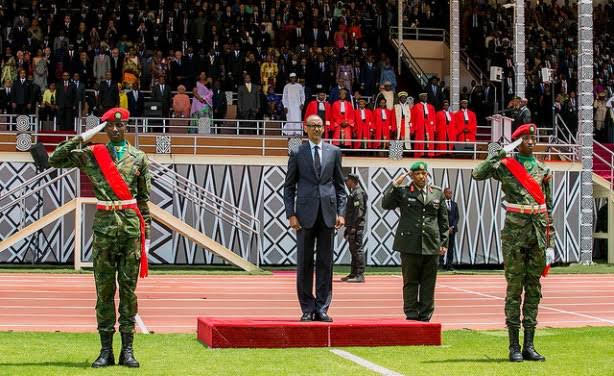
Rights groups argue that Kagame’s overwhelming electoral victory is evidence of a lack of democracy in Rwanda. Only two candidates were allowed to challenge him in the July 15 election. Kagame has consistently won at least 93% of the vote in his four presidential elections.
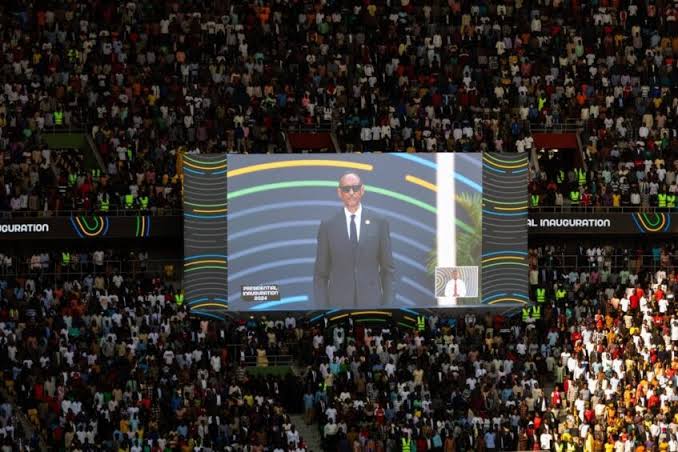
Thousands, including several African heads of state, gathered at the 45,000-capacity Amahoro National Stadium in Kigali to witness Kagame’s oath of office. During the ceremony, Kagame pledged to uphold peace, national sovereignty, and unity, vowing not to misuse his power for personal gain.
Kagame, who has been Rwanda’s de facto leader since his forces took control after the genocide, has been credited with transforming Rwanda into one of Africa’s cleanest and most stable countries. Kigali, the capital, is a hub for international events, including the African Basketball League and the Commonwealth Heads of Government Meeting in 2022.
Despite these achievements, Kagame’s regime faces criticism for destabilizing neighboring Democratic Republic of Congo (DR Congo). A recent UN report, released just before the election, alleged the presence of 4,000 Rwandan troops in DR Congo, accused of backing the M23 rebel group. Kagame’s government has defended its military actions, citing the pursuit of Hutu militias linked to the 1994 genocide.
As Kagame begins his fourth term, the debate over his leadership continues, with supporters praising his role in Rwanda’s transformation and critics condemning his government’s authoritarian tendencies.





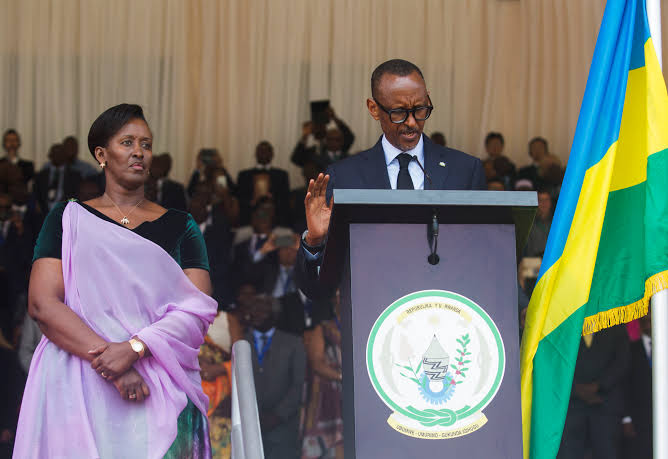
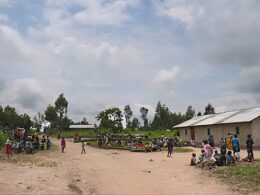

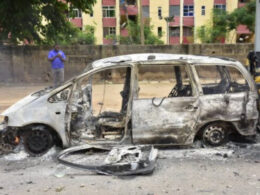
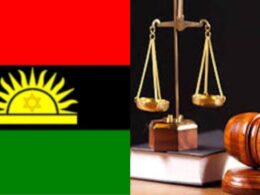
Join our Channel...